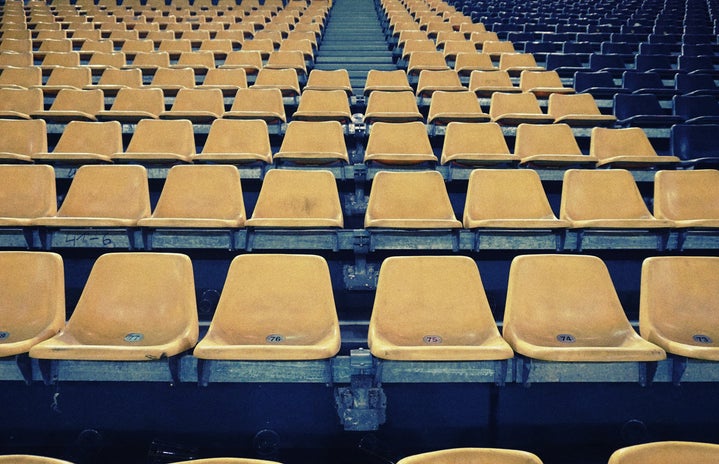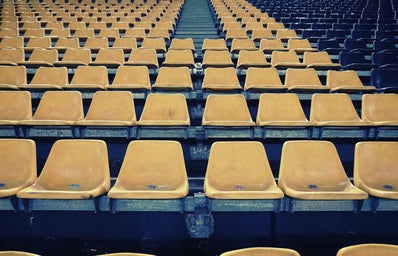A proposed California state senate bill, SB 206 ‘Fair Pay to Play Act’, would allow NCAA student-athletes in the state of California to maintain NCAA eligibility while making money off their names and popularity through sponsorships.
The NCAA opposes SB 206, saying that the proposal is “unconstitutional,” and that the states don’t have authority to grant student-athletes these rights. Michael Drake, the chair of the NCAA’s board of governors, is concerned paying student-athletes would result in a vague distinction between professional leagues and college sports. In strong opposition to the bill, the NCAA has threatened to disband all 58 California NCAA-sanctioned schools if the legislation is implemented.
Sen. Nancy Skinner, writer of California’s bill, hoped that other states would follow through and adopt comparable policies. Other state lawmakers have followed through by initiating public discourse and preliminary hearings surrounding similar proposals. One New York Senator proposed a bill, modeled after ‘Fair Play to Play Act’, that would require collegiate athletics and their departments to give a 15% share of annual revenue directly to student-athletes.
Critics of the bill include some former athletes and sport icons. Some argue that it would bring an imbalance to the world of collegiate sports in regards to states with high recruitment resources and status. Tim Tebow recently criticized the proposal for how adverse it can be on the athletes themselves, predicting that it would bring about a “me” culture to the college atmosphere, taking away from aspects from what we like most about college football.
“If I could support my team, support my college, support my university, that’s what it’s all about. But now we’re changing it from ‘us’ … from being an alumni where I care, which makes college sports special, to then okay it’s not about ‘us,’ it’s not about ‘we.’ It’s just about ‘me.'”
Naturally, he drew a lot of national criticism for disregarding the many student athletes that have played have come from poverty. And although student-athletes receive scholarships and money for housing, it’s not near the figure they can make for themselves from the profit NCAA uses with their names.
For example, past and current student athletes Zion Williamson and Trevor Lawerence garnered a lot of national attention for their respective sports. This includes ratings, merchandising and even memorabilia. They conveyed popular narratives people wanted to immerse themselves in. With the NCAA and their colleges’ sports programs rolling in their money, the respective athletes were unable to profit off a single dime. Millions upon millions tuned in every game just for the constantly exposed names of these athletes and their teams. They were reported on, glamorized and criticized every bit like a professional. This can be concerning when you put into account that they must be students first. They must be able to put in the time to get a good grade to make sure they keep their scholarships, or even better grades if they want to challenge themselves with particular degrees. Then they must be able to report to practice. Athletes, especially star athletes, are the model for their university and have much to do in athletics. They aren’t allowed to have a full-time job to make money for themselves. If the NCAA and universities can make a profit, why can’t the athlete?
Before, athletes could forego their college to guard against any injuries that may incur in their collegiate career and insure that they see at least some profit in their career. Kobe Bryant and Lebron James both entered the NBA right out of high school. Their careers might have ended up much differently if they were unable to skip college with a catastrophic injury or a slew of bad games.
These discussions have placed major pressure on the NCAA, so much so they have assembled a committee of university athletics commissioners and directors in order to help improve and adapt a new way to compensate athletes. It’s a win-win for the athletes no matter the outcome. The journalists and critcs that report on collegiate sports get paid to do so. The athletes giving them a good story should be allowed to make it rain.
Sources: 1



